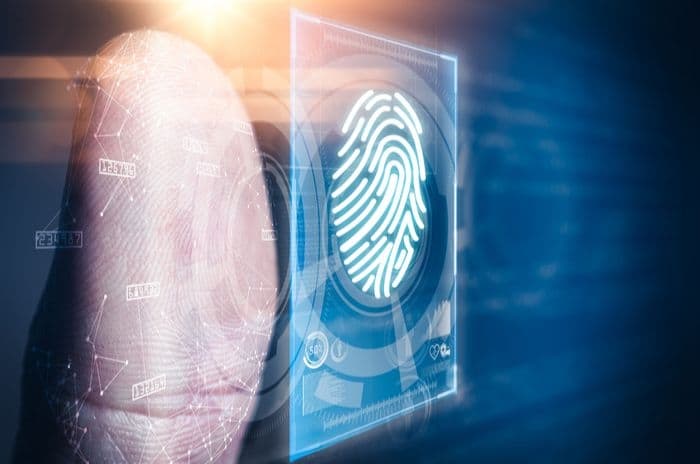Home > Money > News > RBS trialling biometric payment fob
RBS trialling biometric payment fob
Technology allows customers to make contactless payments of up to £100 using their fingerprint and the fob.
It works in the same way a contactless bank card does, allowing customers to complete transactions without the need for a card or mobile phone.
250 Royal Bank of Scotland (RBS) customers will help with the trials of these new fobs over the next three months.
RBS-owned NatWest announced they were trialling biometric bank cards earlier this year.

Fingerprint fob
The key fob designed by RBS is designed to fit neatly on to a key chain and is roughly the size of an ordinary keyring or car fob.
Users place their finger on the small fingerprint reader and a light indicates a successful biometric match so the transaction can go through.
The technology has been designed to work with the existing contactless terminals found across the UK, but it will allow transactions of up to £100 rather than the existing £30 limit found on contactless bank cards.
RBS has said they will test the fobs with a group of 250 customers in the months ahead, although there's no indication when we could expect to see them on our keyrings if the trials prove to be a success.
Biometric banking
This isn't RBS's first foray into biometric banking. They announced trials of NatWest's biometric bank card back in March, which would also allow customers to pay for items higher than the contactless limit.
Little has been revealed about this trial's outcome, but NatWest piloted the scheme with around 200 RBS customers in Scotland and have described it as "successful".
Whether we'll shortly be using NatWest and RBS biometric bank cards in our everyday shopping, however, hasn't been confirmed.
Biometric payment cards aren't a new phenomenon, with Mastercard trialling them in Europe back in 2017 following successful trials elsewhere.
It was reported just a month after NatWest's trial was launched using Visa as a technological partner that Mastercard had signed a deal with RBS to offer their biometric credit card in the UK for the first time.
Again, this is currently being trialled by NatWest with a group of 150 customers on credit card transactions of up to £100.
So, RBS are currently working with both major banking card providers on debit and credit card biometric options, and we'll undoubtedly hear more on this in the future from other banks too.
Are biometrics safe?
Security is paramount when it comes to banking, and biometrics are a secure way of protecting a user's accounts from fraud.
The theory behind them is that they're an unchangeable marker of a person's identity and so hackers can't circumvent them in the same way they could a PIN or a password.
Fingerprint and thumbprint sensors have become popular additions to many smartphones, adding a layer of security that doesn't only apply to unlocking the phone but also to accessing secure apps like banking and budgeting ones.
Even so, a recent Samsung case raised concerns about what happens if biometrics fail, with the Samsung Galaxy S10 thumbprint sensor rendered ineffective by some screen protectors.
This left the phones able to be accessed by any thumbprint, potentially opening the device up to anybody who stole or found it.
While Samsung patched the flaw when it was discovered by members of the public, it does remind us all that technology doesn't always work in the way it's expected to. Biometric banking trials will certainly be taking that into account.
Get insider tips and the latest offers in our newsletter

We are independent of all of the products and services we compare.

We order our comparison tables by price or feature and never by referral revenue.

We donate at least 5% of our profits to charity, and we have a climate positive workforce.
Latest News

26 October 2022
Cost of living showing worrying trends in affordability
24 August 2022
Home insurance premiums fall in latest ABI figures
29 June 2022
APP fraud and mobile banking fraud increased in 2021

